Money superstitions are common, particularly among those who are struggling financially. Some of these ideas may appear strange, but people have relied on them for years.
This post looks at the strangest and oldest money superstitions that people believe in. Who knows? They might just work!
The Lucky Number 8
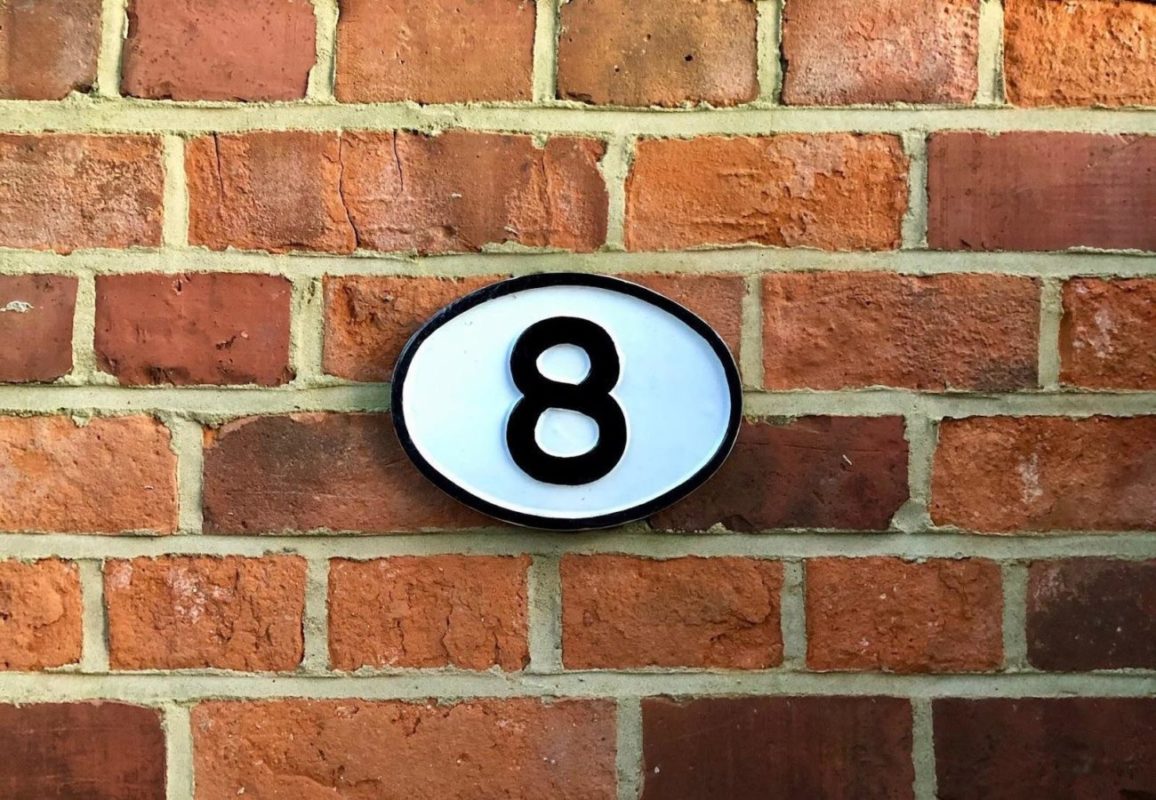
In Chinese culture, the numeral eight is believed to signify financial success. Beyond superstition, eight is also linked with balance and harmony in numerology. This outlook has made it a global symbol of good luck and prosperity.
So, the next time you come across an eight, consider its potential to bring you wealth. Who knows, it could be the lucky charm you need to reach your financial goals.
A Dress for Success
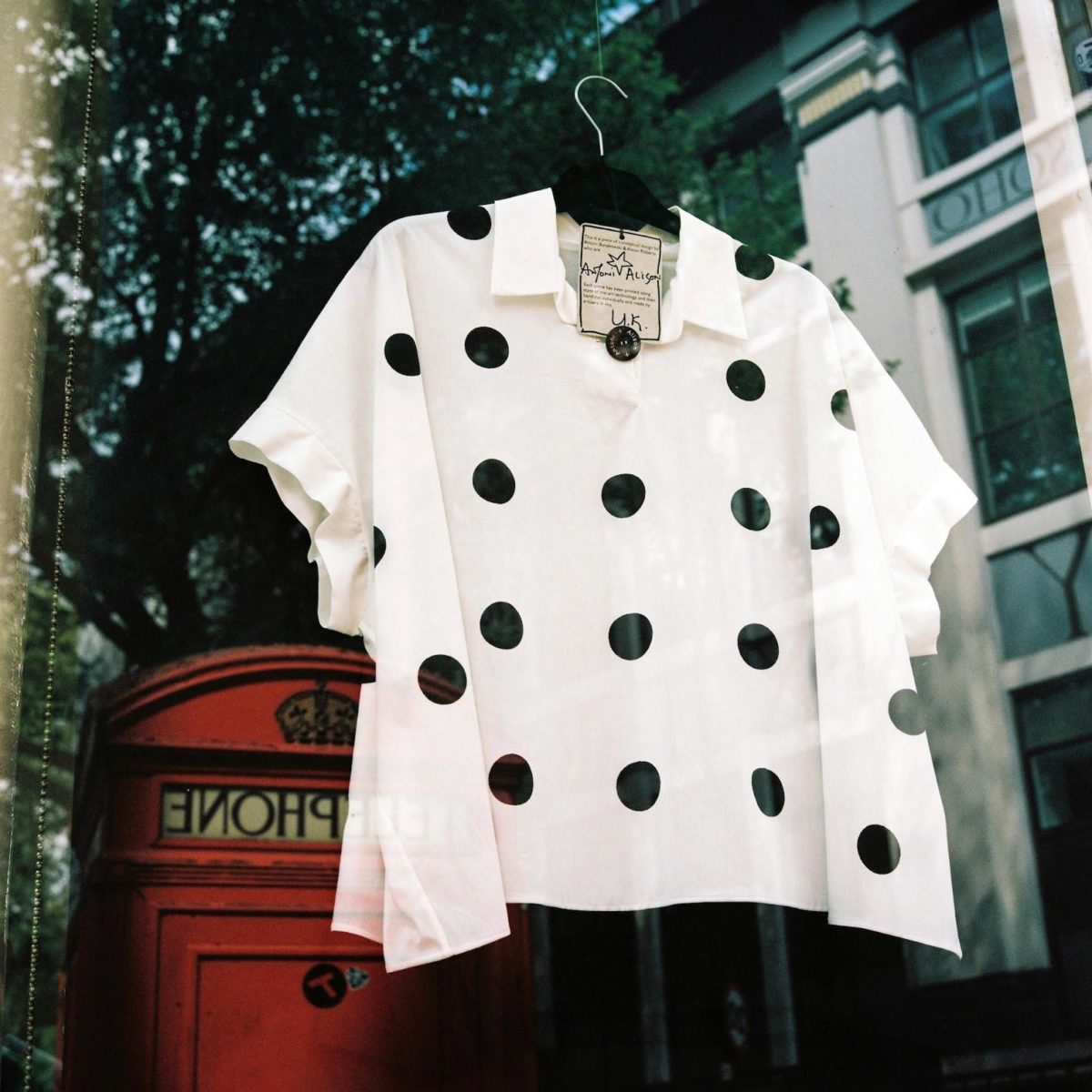
Everybody loves looking amazing for New Year’s Eve. But hear this: wearing polka dots on this special day can bring you success! In the Philippines, circular decorations, such as polka dots, are thought to represent prosperity and riches.
While it seems to be a minor gesture, it can never hurt to try something new. So, put on your polka dots and prepare to greet the new year with open arms and open pockets!
Closed-lid Toilet Feng Shui

Have you ever heard of the money-saving superstition that recommends keeping your toilet lid closed? It may sound strange, but it stems from feng shui, an ancient Chinese practice that centers on energy flow and harmony within a place.
According to this superstition, keeping your toilet lid closed can help you maintain a positive chi or energy flow in your house and keep your money from “going down the drain.”
Onions on the Door

If you happen to be in Greece on New Year’s Eve, don’t be surprised if you see some residents hanging onions on their front doors. It may seem strange, but this superstition has been around for a long time!
Onions were thought to symbolize fresh beginnings, growth, and fertility by the ancient Greeks. So, by hanging them outside their homes, they hoped to reap the same fortune in their bank accounts in the coming year.
A Golden Start to the New Year

Have you ever heard of putting a gold ring in your New Year’s Eve drink? This odd-sounding superstition is common in Latin America.
The notion is that by doing so, you will bring good fortune and prosperity for the next year. It’s a simple tradition that you should attempt this New Year’s Eve—just be careful not to drink the ring!
Dollars and Frogs
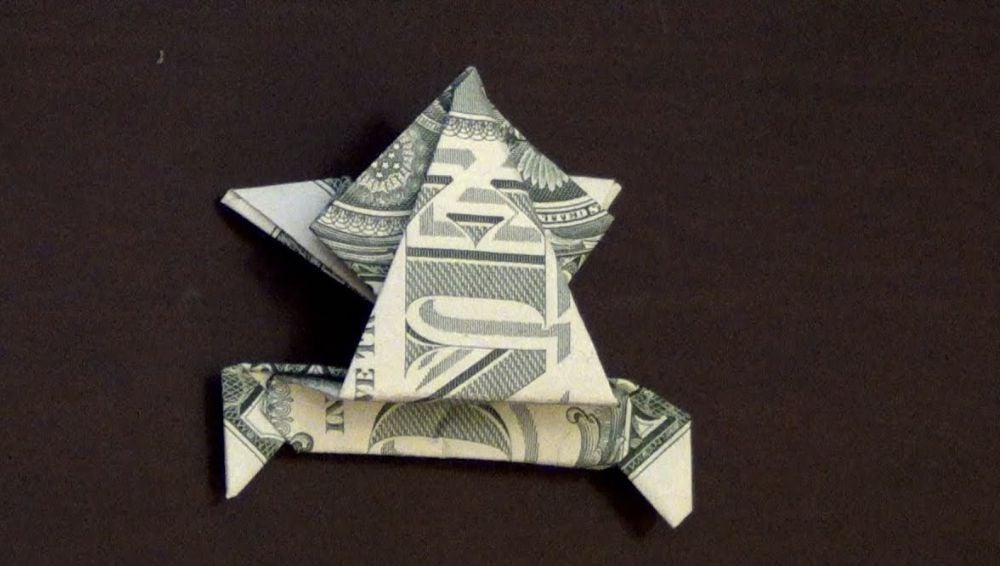
The three-legged origami frog is considered a potent tool for increasing financial luck. But don’t fret if you don’t have a paper frog on hand—a $1 bill will suffice.
Simply follow some basic folding instructions (many tutorials are available online) and store your paper frog in your purse or wallet to attract positive energy.
Celebrating the New Year with Cash in Hand
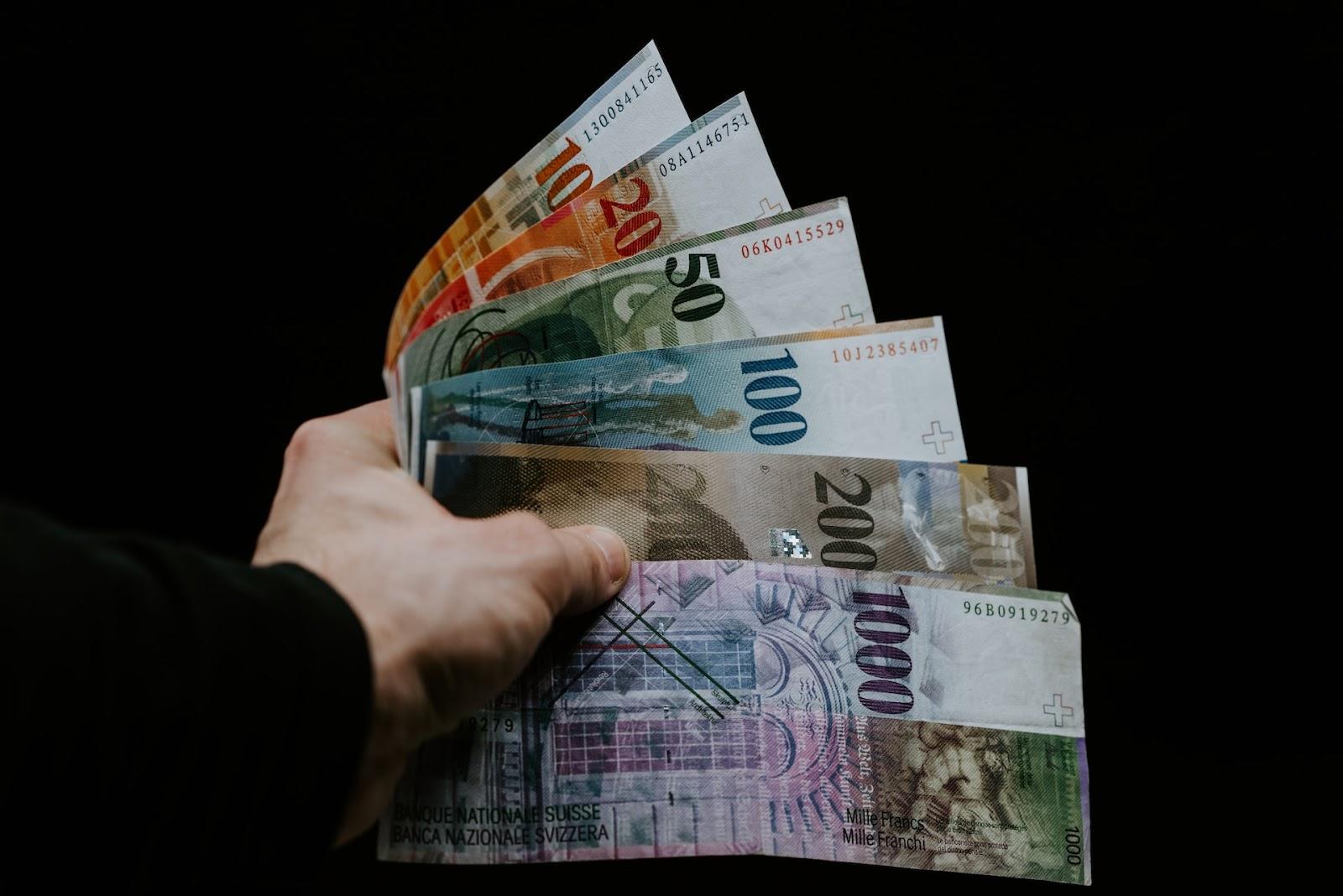
Did you know that having cash in your hand at the stroke of midnight on New Year’s Eve can bring you good luck for the future year? It may sound like an old wives’ tale, but it is a centuries-old custom in Latin America.
Simply take a handful of cash from your wallet and keep it there until the clock strikes 12. Give it a shot if you want to start the new year on the correct financial foot!
Make a Wish Upon a Star

This good fortune superstition is for people who like stargazing. If you happen to see a shooting star, you might want to try something different the next time. It’s said that if you make a wish for more money as the shooting star zips across the sky, you’ll be rewarded with a financial windfall soon.
It may sound silly, but it’s worth a shot, right? Who knows, it might be the additional luck you need to succeed financially.
The Wish-Granting Fountain Deity
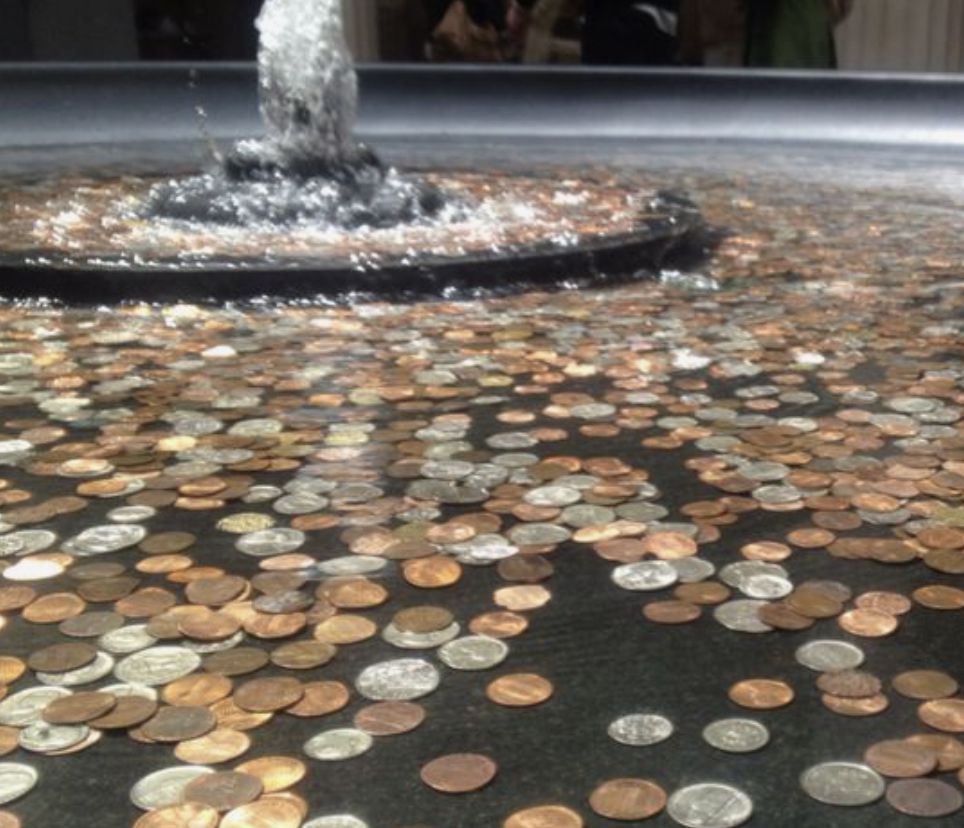
Many people believe that throwing coins into a fountain or well can help make their wishes true. But do you realize that this tradition dates back to ancient times? People used to give coins as a token of gratitude to the gods for providing them with clean water.
This act was also believed to bring good health and wealth to those who took part. So, the next time you toss a coin into a fountain, channel the origins of this ancient custom.
